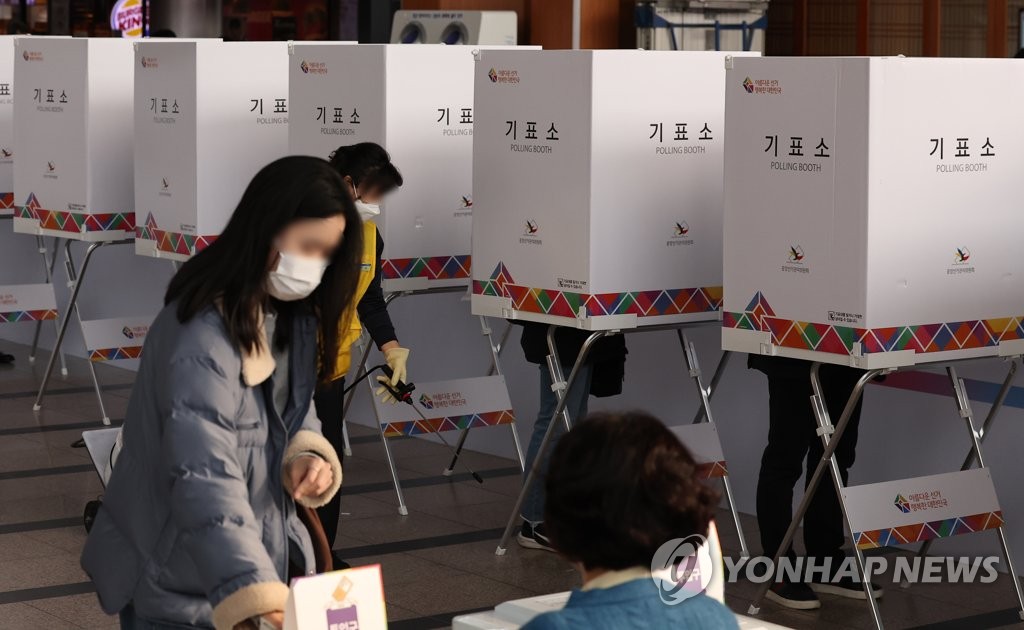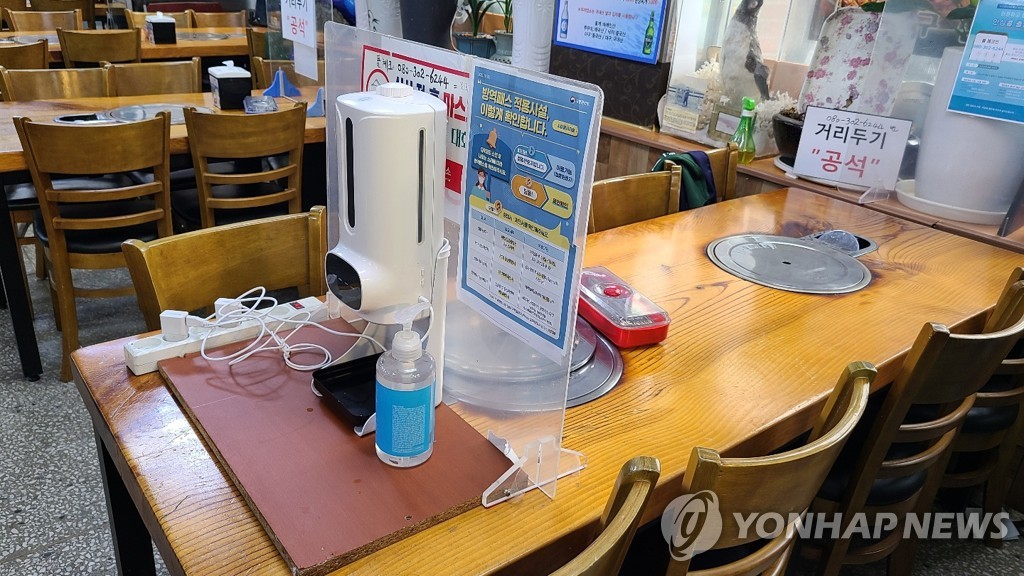- California Assembly OKs highest minimum wage in nation
- S. Korea unveils first graphic cigarette warnings
- US joins with South Korea, Japan in bid to deter North Korea
- LPGA golfer Chun In-gee finally back in action
- S. Korea won’t be top seed in final World Cup qualification round
- US men’s soccer misses 2nd straight Olympics
- US back on track in qualifying with 4-0 win over Guatemala
- High-intensity workout injuries spawn cottage industry
- CDC expands range of Zika mosquitoes into parts of Northeast
- Who knew? ‘The Walking Dead’ is helping families connect
Daily infections top 260,000 for 1st time amid omicron’s spread
South Korea’s daily coronavirus cases exceeded 260,000 for the first time Friday as the highly transmissible omicron variant rages across the country.
The country reported 266,853 new coronavirus infections, including 266,771 local cases, raising the total caseload to 3,691,488 according to the Korea Disease Control and Prevention Agency (KDCA).
Daily infections jumped from 198,803 cases Thursday. The daily caseload surpassed 200,000 for the first time Wednesday, a day after the government suspended the enforcement of the vaccine pass system over the lack of staff handling the pandemic.
Daily cases exceeded 100,000 for the first time in mid-February.


This photo taken on March 4, 2022, shows a woman casting her ballot at a polling booth in Seoul, on the first day of the two-day early voting for next week’s presidential election. (Yonhap)
Virus-related deaths rose to 186 on Friday from 128 a day earlier, bringing the death toll to 8,580. The fatality rate was 0.22 percent, the KDCA said.
The number of critically ill COVID-19 patients rose to 797 from 766 during the same period.
As of 6 p.m., the country had reported 209,602 new COVID-19 cases, down 1,447 from the same time the previous day, according to health authorities and city governments. Daily cases are counted until midnight and announced the following morning.
Health authorities expected the current wave to peak at some 250,000 daily cases in mid-March but the daily cases have already exceeded the projected figure.
The spike came after the government suspended the vaccine pass system from Tuesday for 11 types of public facilities, including restaurants, cafes, department stores, movie theaters, and museums nationwide.
On Monday, Health Minister Kwon Deok-cheol said the government needs to ease the vaccine pass system for certain low-risk facilities as there is a low chance of transmission if everyone has masks on.
Under the vaccine pass system, people are required to show proof of vaccination or a negative polymerase chain reaction (PCR) test result to enter public facilities.
On Friday, the government took another step to help small businesses suffering from prolonged anti-virus restrictions.
Despite soaring infections, the government decided to extend the operating hours for 12 kinds of multiuse facilities by an hour to 11 p.m. from March 5 to 20. The current six-person cap on private gatherings will remain in place.
The hospital bed occupancy rate for seriously ill COVID-19 patients surpassed 50 percent this week, but key indicators such as the fatality rate or the rate of patients in critical condition remain manageable within the country’s medical response capacity.
Of the locally transmitted cases reported, Seoul reported 59,269 new cases. The surrounding Gyeonggi Province and the western city of Incheon added 76,722 and 16,681 new infections, respectively. Cases from overseas rose 82 to 29,579.
As of Friday, 31.64 million people, or 61.7 percent of the country’s 52 million population, had received booster shots. The number of fully vaccinated people came to 44.38 million, accounting for 86.5 percent, the KDCA said.











